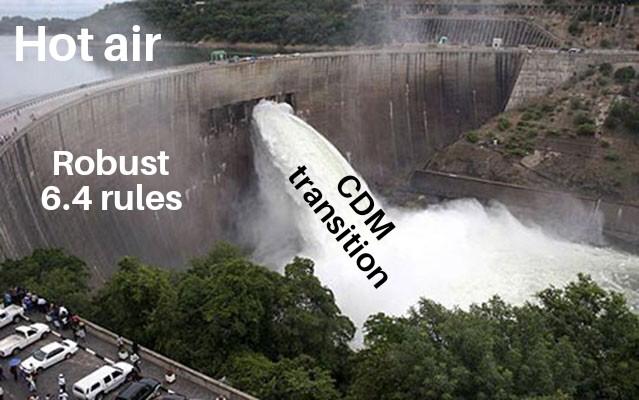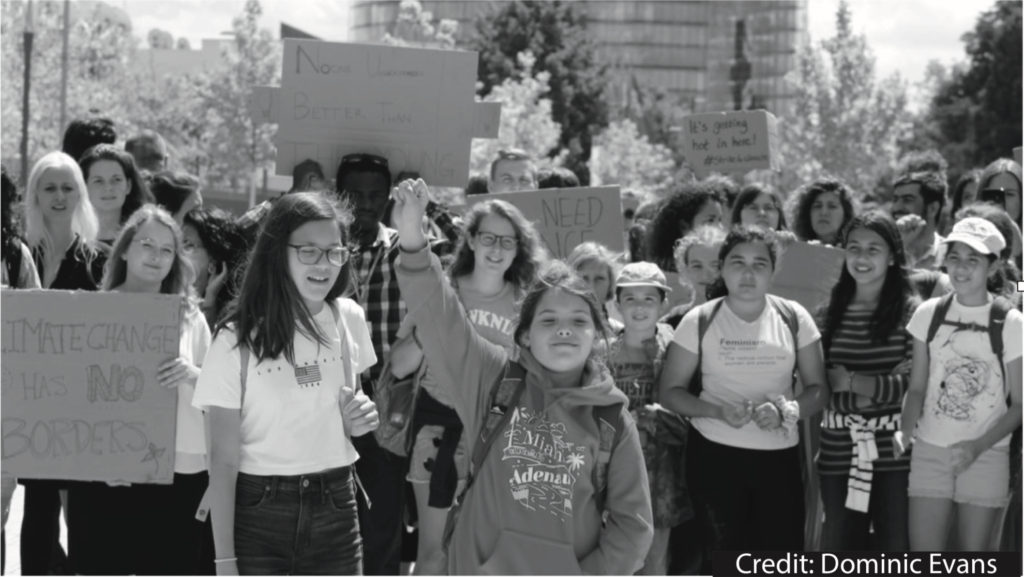DAMaging the Paris Agreement
There was some additional humour in the air last week as the below picture spread both inside and outside of the Article 6 room faster than a climate change-induced wildfire. As Parties restart their discussions on the KP transition, ECO hopes that they will remember this dam, and won’t let it crack.
If it was up to ECO, no KP credit would be used after 2020. Clearly, the “robust rules” in the below picture are not robust enough, because none of these hot air credits should be allowed to flow through to article 6.
In Doha and Marrakesh, Parties agreed to limit the transition of AAUs from the first to the second commitment period of the Kyoto Protocol. Very much the same debate is taking place now. And there is no reason to suddenly change course. You know the numbers: if the dam breaks, the market will be flooded.


